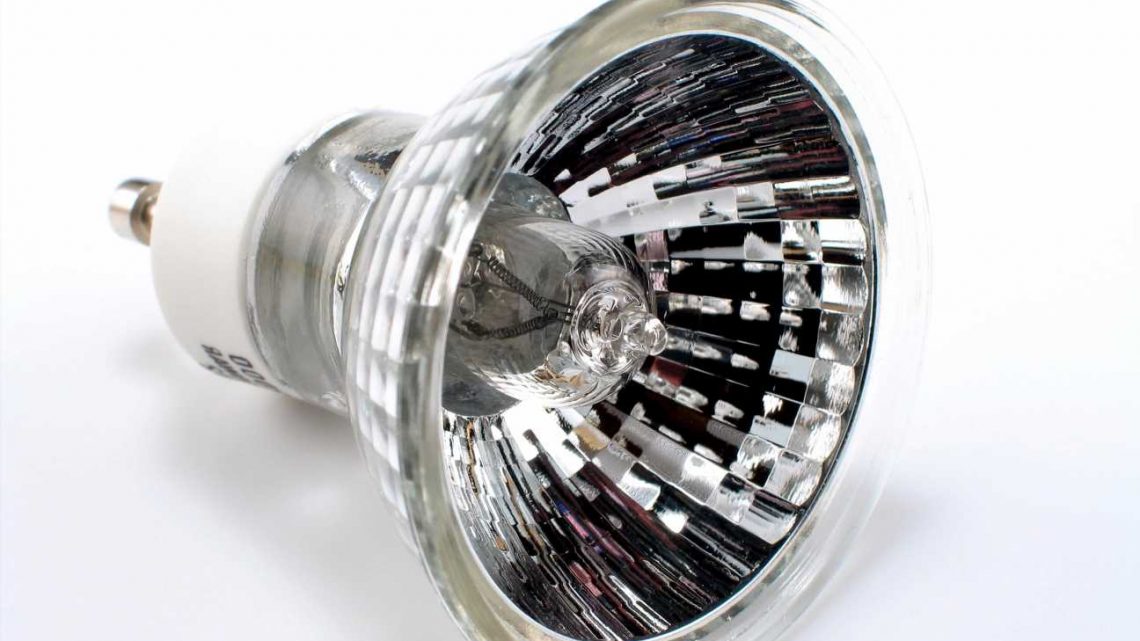
Halogen and fluorescent light bulbs to be BANNED – and it could cost £100 per household to replace
06/09/2021ENERGY draining halogen and fluorescent light bulbs are to be banned from sale.
It means households will have to use LED lightbulbs.
The energy-friendly bulbs last several years longer than halogen or fluorescent ones and use 80% less power, which makes them cheaper to run.
But despite costs coming down in recent years, they are typically more expensive to buy.
Today, the government is announcing that halogen bulbs will be pulled from shelves from September 1.
While the ban on fluorescent lights, which are usually used in offices, from shops will come in on September 1 2023.
The ban will also include the sale of lighting fixtures with bulbs that can't be replaced, meaning fixtures have to be thrown away.
Households won't have to replace bulbs by the deadlines, allowing them to slowly replace them as and when they need to.
The EnergySavingTrust has previously estimated that it would cost a household £100 a year to replace all their bulbs with LED ones – and that this would cut energy bills by £40 a year too.
While homes using LED bulbs pay £146 a year to run them, whereas those with halogen ones pay £378 a year, according to research from Compare the Market.com in 2017.
What lights are being banned?
THE government has announced that two types of lights are to be banned.
Halogen bulbs will be pulled from shelves from September 1.
The sale of mains voltage halogen non-directional lamps were banned in the UK on 1 September 2018, meaning low voltage non-directional halogen lamps could continue, as long as they comply with eco-design requirements.
While a ban on fluorescent lights will come in on September 1 2023.
HL R7 halogens will remain available on the market, and some fluorescents such as T5s.
Exemptions will be in place for lamps designed and marketed specifically for scene-lighting use in film studios, TV studios, and photographic studios, or for stage-lighting use in theatres or other entertainment events
The ban is part of a government plan to tackle climate change with a shift to LED bulbs cutting 1.26million tonnes of CO2 – the same as removing over half a million cars.
The UK began phasing out the sale of higher-energy halogen bulbs in 2018.
The government wants LED light bulbs to account for 85% of bulbs sold by 2030. At the moment it accounts for two thirds.
Energy Minister, Anne-Marie Trevelyan, said: “We’re phasing out old inefficient halogen bulbs for good, so we can move more quickly to longer lasting LED bulbs, meaning less waste and a brighter and cleaner future for the UK.
“By helping ensure electrical appliances use less energy but perform just as well, we’re saving households money on their bills and helping tackle climate change.”
The new rules are part of a package of measures to help tackle climate change, including right to repair, new energy labels and higher energy efficiency standards for white goods, TVs and other electrical appliances.
Today, ministers also warned about green measures that could add £65 a year to energy bills.
Under government plans, the price of gas is set to be inflated as green charges are taken off and put on to electricity instead.
Plus, homeowners are facing a gas boiler ban within 14 years that could cost thousands to replace.
While in February last year, Ofgem announced plans that mean gas boilers would have to be ditched from homes or upgraded by 2050.
Source: Read Full Article




